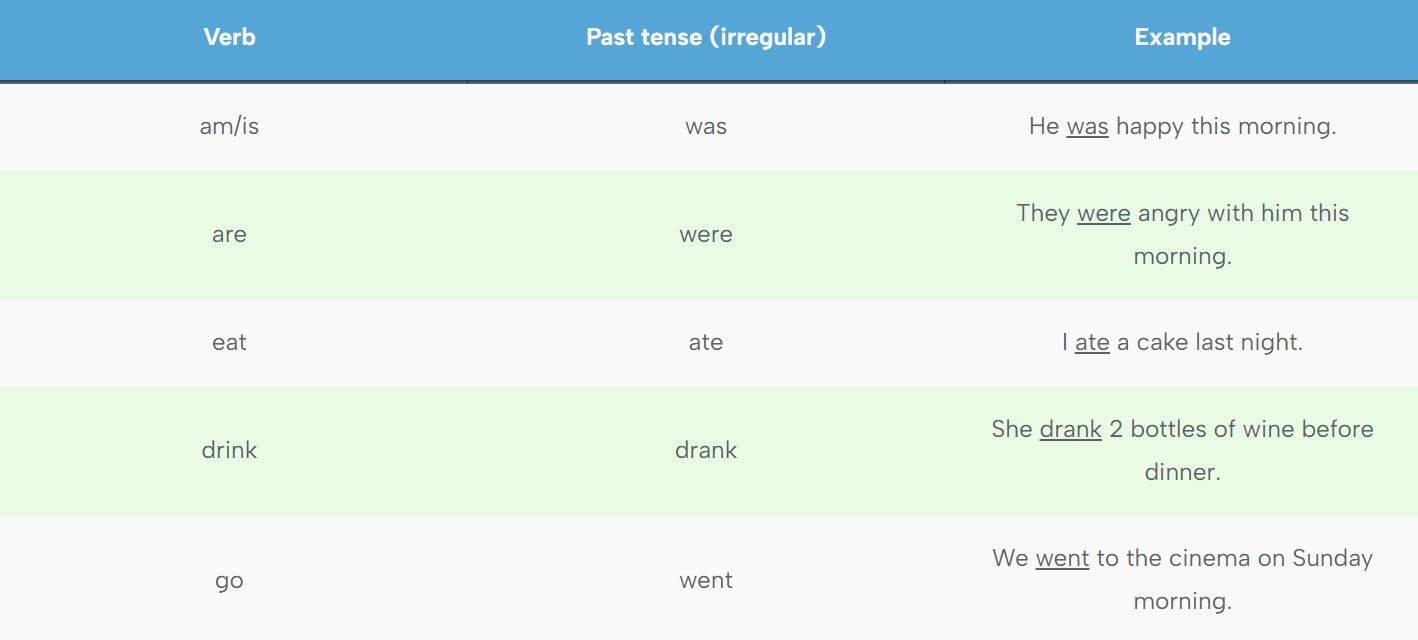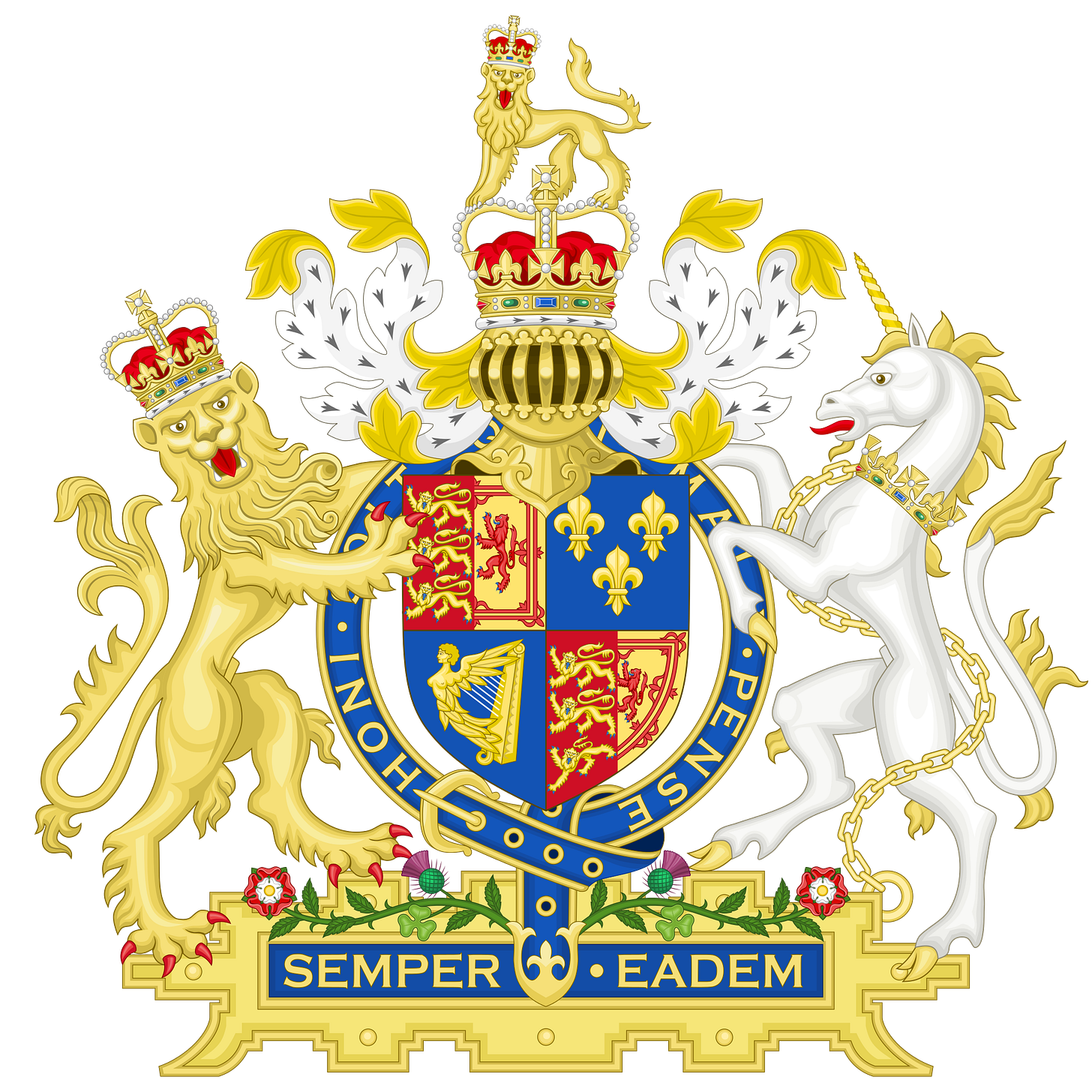Newsletter Lesson #01
A short message to aid with learning and practicing English
Hello, and welcome to my first newsletter lesson. Hopefully it is of use. As this is the first newsletter, I do apologise if there are any problems. I also apologise for the audio sections: I have a terrible voice and am not an actor.
Content for the newsletter comes mostly from my AB51 English School website, which I built whilst teaching in Shanghai but to which I shall keep adding when I can. I have just chosen a few bits from around the site to start.
In this newsletter:
Grammar: The Past Tense - speaking about actions that are finished in the past
Dialogues: A Dinner Party - two discussions at a dinner party
Vocabulary: Idioms starting with ‘A’ - two native expressions
Culture: The Battle of Culloden - the battle that helped ensure Scotland speaks English, not Gaelic.
Anyone who is so interested can subscribe for the next lesson or share this lesson via the buttons at the end. I won’t be offended if you don’t.
Anyway, on with the lesson…
Grammar: The Past Tense
The past tense describes actions in the past. Use the past tense when:
the action is finished
the time is finished
Examples:
Yesterday I went to the zoo.
The action is going to the zoo. It is finished.
The time is yesterday. It is finished.
Last week I ate my socks.
The action is eating my socks. It is finished.
The time is last week. It is finished.
Not the past tense:
I have eaten six pizzas today.
The action is eating six pizzas. It is finished.
However, the time is today. It is not finished.
Because the time is not finished, this sentence uses the present perfect tense (have eaten).
She has been to Beijing twice.
The action is going to Beijing twice. It is finished.
However, the time is her life. It is not finished (she is not dead).
Because the time is not finished, this sentence uses the present perfect tense (has been).
Both the action and the time must be finished in the past tense.
ed vs non-ed
Most verbs in the past tense are easy to make: just add ‘ed’ to the verb.
However, some verbs do not use ‘ed’.
Unfortunately, these verbs are very common.
You simply have to learn these ‘irregular’ verbs.
Examples
Yesterday I went to the shop. I bought an apple. Then I walked to school.
When I was young I liked milk and drank it every day.
Five years ago I lived in Russia. We ate Russian food every day. My mother cooked it. It was delicious.
Exercise 1
Complete the sentences by changing the (verb) into the past tense:
Yesterday I _____(walk) to the park to meet my girlfriend.
She _____(is) angry with me.
She _____(said) she ____(do) not love me.
I _____(cry).
Exercise 2
Answer the questions.
What did you do yesterday?
What did you eat for dinner three days ago?
What did you like when you were ten years old?
What did you not like?
More on the past tense can be found at https://education.ab51.org/the-past-tense/.
Dialogue: A Dinner Party
Part 1
Dave: Hi Anna. So glad you could make it. Come in, come in.
Anna: Thank you. I brought a little bottle of something for you.
Dave: Great. Thanks. Here, let me get your coat. Did you find it OK?
Anna: No problem. Your directions were very good.
Dave: That’s good. OK, head on into the living room and make yourself at home. Dinner will be ready in 20 to 30 minutes, and we’re still waiting for Emili. I’ve got a couple of things to finish up in the kitchen.
Anna: OK. Get back to work, chef.
Part 2
Dave: Dinner is served.
Samantha: Wow, that smells delicious.
Dave: Thank you. I think I had better tell you what everything is: this is roast lamb, with boiled vegetables and mashed potatoes. Here, we have some sauce. We also have a garden salad, and a choice of red or white wine. Please, help yourselves. Tuck in.
Anna: Gosh. This is amazing. How long did it take you to make all this?
Dave: Not too long. Maybe an hour and a half. It wasn’t too difficult: just put things in the oven and on the stove, then wait.
Samantha: It’s better than I could do.
Dave: There’s dessert afterwards as well: chocolate cake with ice cream.
Philip: Great. Well, let me start with a toast to the chef: to the chef!
These dialogues, plus two further parts, are at https://education.ab51.org/a-dinner-party.
Vocabulary: Idioms starting with ‘A’
Across the board
meaning: it applies to everyone; everyone will have to do it
1. We have some new rules, and these apply across the board, so the teachers will have to follow them too.
2. After a disastrous last year, the company made changes across the board.
Acid test
meaning: the conclusive test that will prove whether a plan/product/programme is a success
1. The numbers work in theory, but the acid test will be when the product goes on the market.
2. They are top of the league after half a season, but the acid test will be February when they play their four main rivals. Then we will know whether they are potential champions.
3. The company is looking good now, but the acid test will come when consumers get bored of this product. If they can produce a second popular product, then we’ll know it is here to stay.
More idioms can be found here.
Culture: The Battle of Culloden
The Battle of Culloden happened on April 16th, 1746, near Inverness, Scotland.
The Lead-up
The Jacobites were a group of Scottish Highlanders who wanted to restore The House of Stuart to the British throne.
The reason for this was largely due to the actions of the ruling House of Hanover, who were in the process of wiping out the traditional Scottish clan system in order to have better control of the country.
Some of the rules that were introduced by the House of Hanover were the banning of kilts and tartans, the handing over of swords to the government, and the removal of clan leaders’ powers.
The Jacobites were supported and armed by the French, who were also against the House of Hanover. ‘The Auld Alliance’ between Scotland and France had dated from at least the 13th century.
The Battle
The battle was between The Jacobites and the loyalist army of the British Government, led by the Duke of Cumberland.
The battle was quick, bloody and brutal. The British army killed between 1500 and 2000 Jacobites, and reported losing as few as 30 men.
By April 18th, the Jacobite army had disbanded, choosing to flee back into the Highlands, or abroad.
Charles Edward Stuart – head of the House of Stuart and nicknamed ‘Bonnie Prince Charlie’ – escaped to the Western Isles, then to France, and would never return to Scotland.
The Aftermath
Defeat at Culloden was devastating for Jacobean, Highland and Gaelic culture.
The Duke of Cumberland became known as ‘Butcher’ as he cracked down on Jacobite culture. Many Jacobites were executed or banished to the British overseas colonies. Clans’ land was removed from their ownership. Highland priests were forced to give oaths to the Hanovarian rulers. Gaelic language was widely discouraged.
Meanwhile victory at Culloden helped the House of Hanover bring the entire British Isles into line. The effects are still noticeable today: Scotland (even in much of the Highlands) is English speaking, has land ownership laws similar to England, and traditional Highland life is rare.
Finally, because I am quite nerdy, I also have a quiz website and newsletter. They are not about learning English, but if you are interested you can find more information and quizzes at
or at the site.








